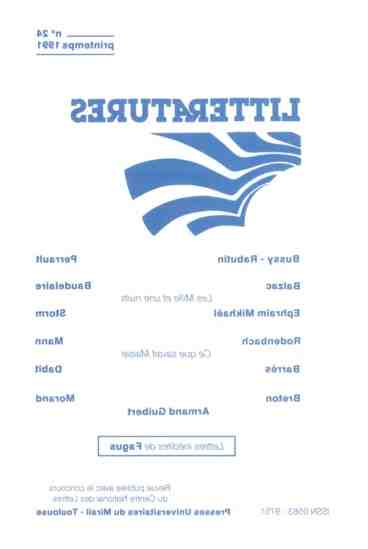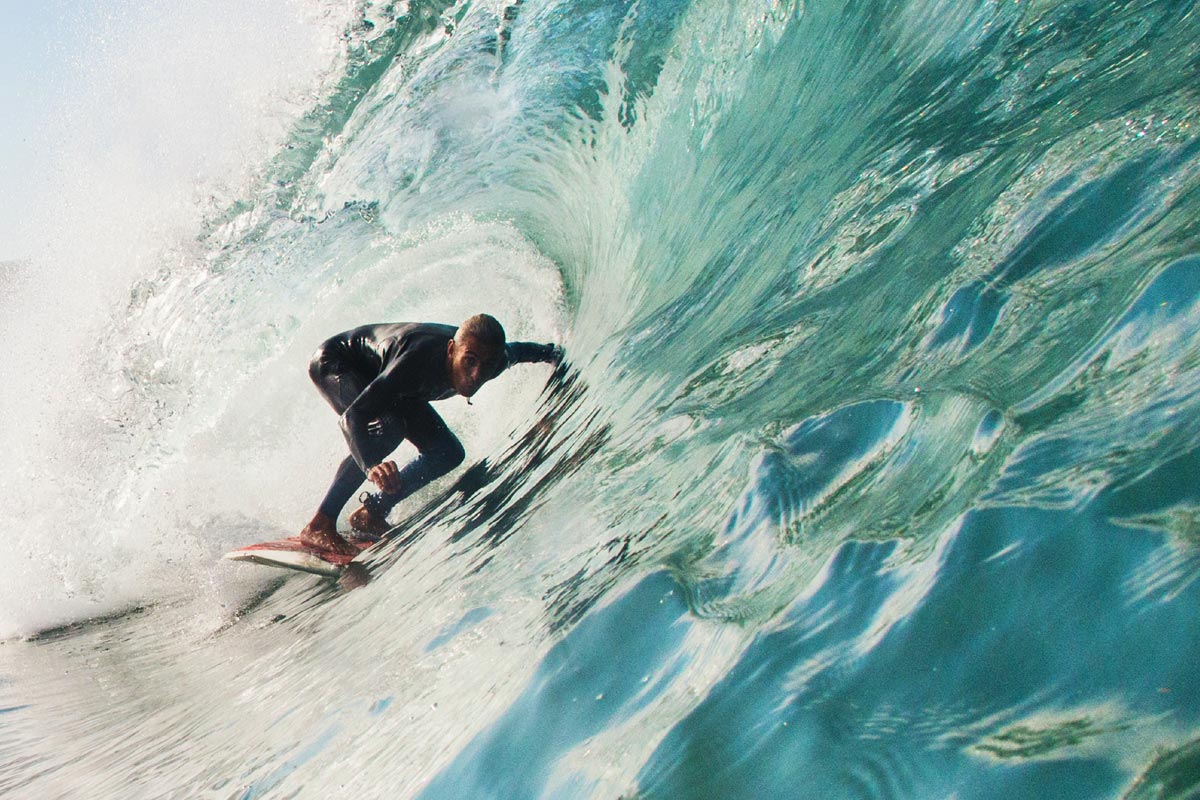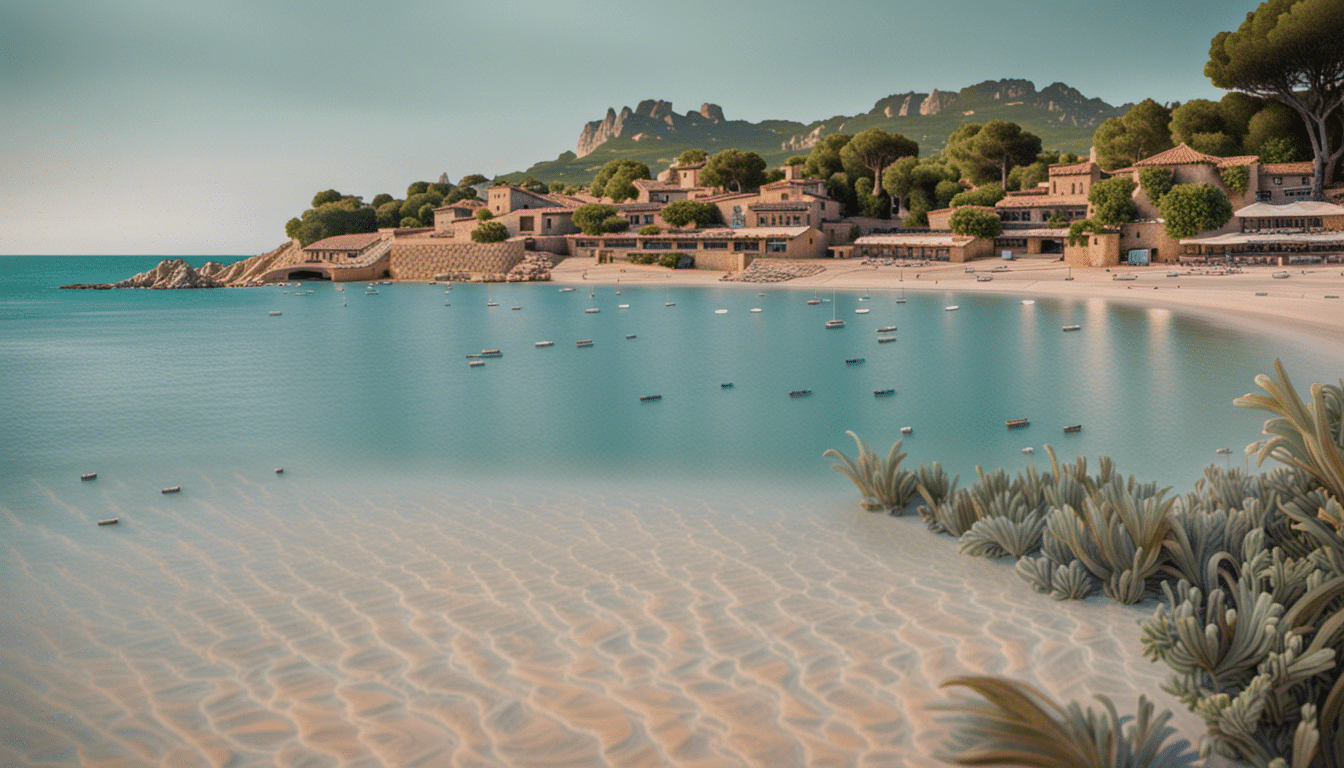More details
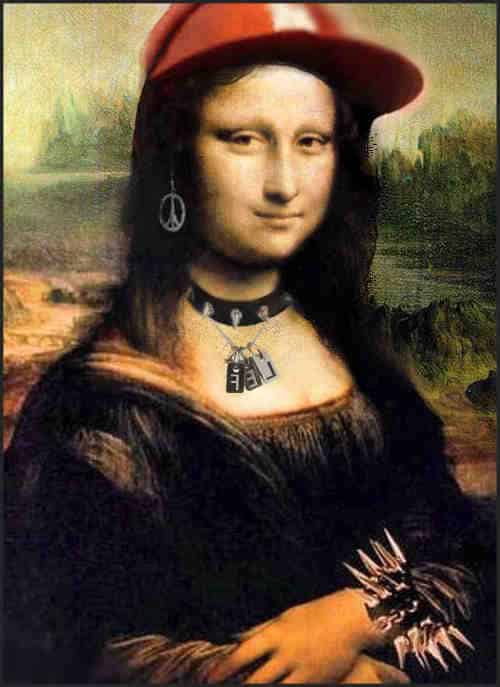
Strasbourg. Rhine National Opera. 10 and 12-IV-2021. Benjamin Britten (1913-1976): Death in Venice, operates in two acts for a libretto by Myfanwy Piper, based on Thomas Mann’s novel Der Tod in Venice. Direction, scenography and costumes: Jean-Philippe Clarac and Olivier Deloeuil. Lighting and scenography collaboration: Christophe Pitoiset. Video: Pascal Boudet. Dramaturgy: Luc Bourrousse. Starring: Toby Spence, Gustav von Aschenbach; Scott Hendricks, the Traveler / the old Dandy / the old Gondolier / the hotel manager / the hotel barber / the head of the ballads / the voice of Dionysus; Jake Arditti, The Voice of Apollo; Peter Kirk and Curtain; Laurent Deleuil, the English travel agent / a steward / u Boat Lido / u Waiter; Julie Goussot, the French / English / Strawberry seller / Lace / Baladine; Dragos Ionel, the Polish father / the Russian father / the waiter / a gondolier / the priest; Damian Arnold, an American glass blower / u / a gondolier / u Baladin; Elsa Roux Chamoux, the French mother / the Russian mother / the beggar; Eugenie Joneau, German mother/Danish wife/newsagent; Damien Gastl, German father/guide; Sebastien Park, an American/Gondolier; Violeta Poleksic, the Russian nanny; Victor Chudzic, child of Tadzio; Nathan Laliron, teenager of Tadzio. Chorus of the Opéra national du Rhin (chorus master: Alessandro Zuppardo), Orchester symphonique de Mulhouse, conductor: Jacques Lacombe Show without public broadcast on the Via Vosges canal and on the site of the Opéra du Rhin
Captured last February in Strasbourg and rarely played, Britten’s Death in Venice benefits from a sumptuous staging full of ideas and a musical interpretation close to ideal.
For its first performance in Strasbourg, Benjamin Britten’s opera will unfortunately not receive a public performance due to the ongoing coronavirus pandemic. Fortunately, Ozango Production and France Télévisions captured it, broadcast it on local channels and then made it available for a month on the site of the Opéra national du Rhin. It would have been a shame to lose the fascinating staging of the team led by Jean-Philippe Clarac and Olivier Deloeuil, with exceptional depth of thought and production quality.
Myfanwy Piper’s libretto faithfully follows Thomas Mann’s short story in a succession of seventeen short scenes in various locations. To ensure perfect fluidity, Jean-Philippe Clarac and Olivier Deloeuil divided the stage space into a mass of cells with changing decors, connected by walkways or stairs and subsequently revealed by mobile screens and very precise and detailed. By Christophe Pitoiset. This same precision characterizes the implementation of stage movements and the always logical and surprising passage from one place to another. Even if they are interpreted by the same singers, the multiple characters are always well characterized by their costume or their attitude. Finally, the introspective monologues of the main protagonist, the writer Gustave von Aschenbach, fit into this series of scenes and naturally find their place in the bare space of the first scene, occupied only by the accompanying piano. For this work with such a delicate stage production, one could not imagine a more convincing proposition.
The lines of thought proposed are multiple and fruitful in depth. Like Thomas Mann, Gustav von Aschenbach is an uninspired old writer, lost here in his cool baba (costume) tendencies and his addictions (alcohol and drugs). He comes to a clinic to treat his deep depression and suicidal tendencies. The trip to Venice will only be mental, suggested by the aquatic videos of the Strasbourg canals and the “Little Venice” of Colmar or the Canaletto painting that he was able to contemplate at the local Museum of Fine Arts. It is also an opportunity to take stock of a life devoted to writing, to reflect on artistic creation (Apollo or Dionysos?) And to let go of memories. If Tadzio as a child and then as a teenager seduces Aschenbach so violently, it is because they are only him at the same age, surrounded by his mother, always present in his bed. In this vertiginous and almost Faustian search for past youth, the lost innocence of childhood and the quickly repressed homosexual temptations of adolescence are also evoked. But apart from the epidemic, he is furious, and face masks appeared in the second act, not out of correspondence with the real situation. Almost anecdotally, a final common thread runs throughout the show. At the opening, Gustav von Aschenbach’s publisher waited in vain for the presentation of his new book, entitled “Maya” (also mentioned in chapter 2 of Thomas Mann’s short story). In the end, when Aschenbach died smiling in his memories, between his books and his childhood toys, everyone tore up this novel crowned with the “Venice Prize 2021″…
Constantly present on stage, Toby Spence skillfully takes on the central role of Gustav von Aschenbach, writing at the premiere for the beloved Peter Pears. He has that stage presence and vocal stature, and plays easily with the complexity of Benjamin Britten’s writing. Even more astonishing, Scott Hendricks invests the seven incarnations of Evil or Evil (and also, in a humorous instinct, the role of the editor) with formidable dexterity and intensity, even in a delicious drag queen disguise. All covered in gold, Jake Arditti in La Voix d’Apollon brings upheaval and evocation of Antiquity (or at least of a bygone era) with his unreal and contrasting tone. In a few lines, Laurent Deleuil also manages to give depth and presence to his different incarnations. The many other singers of the Opera Studio or the Choir of the Opéra National du Rhin all show conviction and excellence in their essential contribution to the success of the whole.
Under the direction of Jacques Lacombe, its musical and artistic director, the Orchester symphonique de Mulhouse demonstrates the precision and consistency it has now acquired. The complexity of the instrumental laws, the particular exposure of the soloists, the finesse of the orchestral arrangement do not pose any difficulties for an interpretation that the key word remains perfect fluidity. The choir of the Opéra national du Rhin sings off stage which, far from damaging it in a video recording, brings to its interventions a mysterious, dreamlike and even enchanting character.
Photographic credit: Jake Arditti (The Voice of Apollo) / Toby Spence (Gustav von Aschenbach), Mathis Spolverato (Jaschiu), Nathan Laliron (Tadzio as a teenager) © Opéra National du Rhin
(Visited 112 times, 3 visits today)
More details
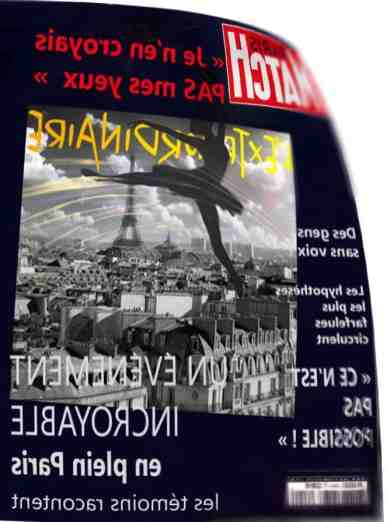
Strasbourg. Rhine National Opera. 10 and 12-IV-2021. Benjamin Britten (1913-1976): Death in Venice, operates in two acts for a libretto by Myfanwy Piper, based on Thomas Mann’s novel Der Tod in Venice. Direction, scenography and costumes: Jean-Philippe Clarac and Olivier Deloeuil. Lighting and scenography collaboration: Christophe Pitoiset. Video: Pascal Boudet. Dramaturgy: Luc Bourrousse. Starring: Toby Spence, Gustav von Aschenbach; Scott Hendricks, the Traveler / the old Dandy / the old Gondolier / the hotel manager / the hotel barber / the head of the ballads / the voice of Dionysus; Jake Arditti, The Voice of Apollo; Peter Kirk and Curtain; Laurent Deleuil, the English travel agent / a steward / u Boat Lido / u Waiter; Julie Goussot, the French / English / Strawberry seller / Lace / Baladine; Dragos Ionel, the Polish father / the Russian father / the waiter / a gondolier / the priest; Damian Arnold, an American glass blower / u / a gondolier / u Baladin; Elsa Roux Chamoux, the French mother / the Russian mother / the beggar; Eugenie Joneau, German mother/Danish wife/newsagent; Damien Gastl, German father/guide; Sebastien Park, an American/Gondolier; Violeta Poleksic, the Russian nanny; Victor Chudzic, child of Tadzio; Nathan Laliron, teenager of Tadzio. Chorus of the Opéra national du Rhin (chorus master: Alessandro Zuppardo), Orchester symphonique de Mulhouse, conductor: Jacques Lacombe Show without public broadcast on the Via Vosges canal and on the site of the Opéra du Rhin
Read this article: Did you like this article? Do not hesitate to send us your site, blog, etc. ! The ResMusica site is protected by intellectual property, but you may reproduce brief quotations from this article, provided you link to this page. For any request to reproduce the text, write to us citing the source you wish to reproduce and the site where it may be authorized to be reproduced.


